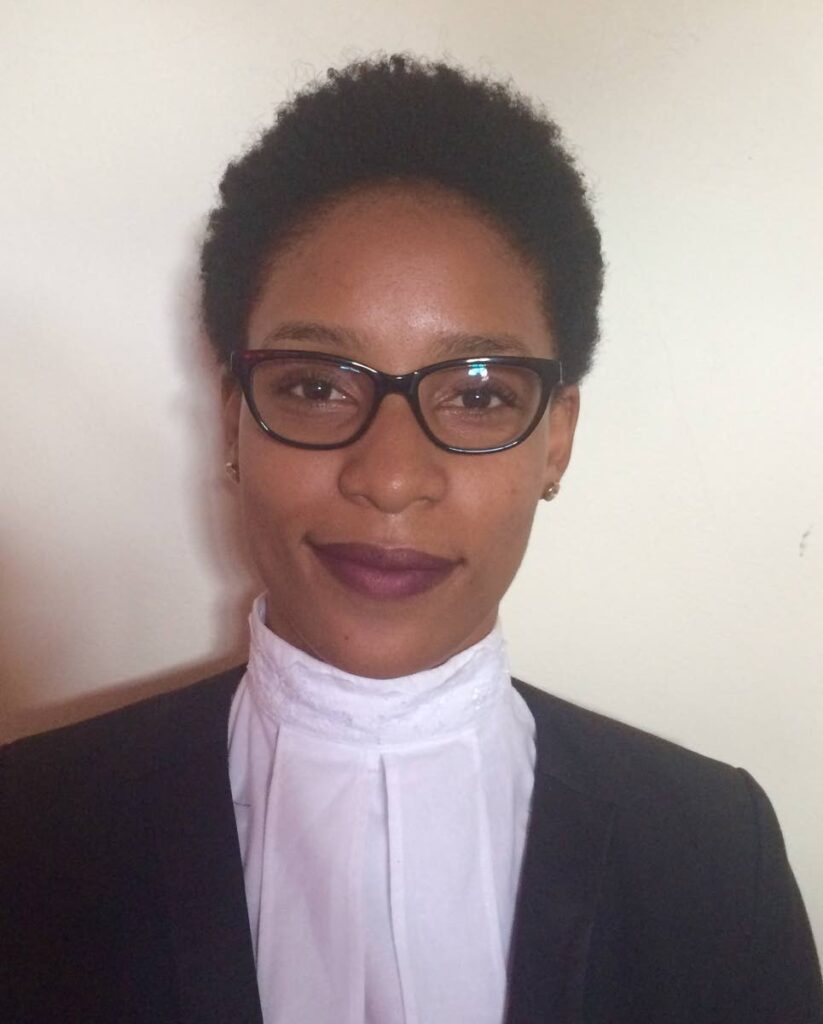I’ll write my rounds…

Kanisa George
THE INTERPLAY between good and evil, right and wrong, is an astonishing principle to conceptualise.
These two entities, further epitomised by light and darkness, carry with them an allotment of dogma and traditions that separate one from the other and dictate by one’s pursuits where they stand.
Hell and damnation, or pious, righteous living, are classic cases of one or the other. Yet no matter how hard we try to assign these schools of thought to their unique plane, these streams will cross paths sooner or later though moving in vastly opposite directions.
We can try with our might, strength and all our wits to banish the bad that exists, but the undeniable truth is that good cannot exist without evil.
Similarly, our actions (and I know I risk appearing reductionist) can be classified as good or bad, with a highly vast gray area in between.
We are taught, by normative instructions, during infancy and well into adulthood, behaviour deemed good and actions that are inherently bad.
Not only are we equipped with the knowledge of right and wrong, but we also learn to appreciate the reward/punishment system attached to these variables.
So much of our attention is rightfully focused on lauding positive behaviour that we reject even the slightest notion that wrongdoing may possess a dose of positivity.
Of course, some wrongful actions are reprehensible, and I am in no way suggesting that one should actively engage in wrongdoing to prove a point.
But if from the moment we claim space on this Earth till the day we die our lives are a bowl of mixed nuts filled with good, bad and indifferent, why aren’t we fully embracing the positive lessons our wrongness could teach us?
Embracing wrongdoing is no easy feat, as it first requires us to admit we’ve done wrong.
How many of you could admit to yourself that you’ve done wrong? Let alone openly admit to others the same? No one wants to admit they’re fallible, especially if the wrongdoing comes at great personal peril. And even if it doesn’t, it seems like realising you’ve done wrong is akin to being branded with a mark that, though invisible, is clear for all to see.
And it’s beyond that; we live in an era where the “woke” movement has deemed every misstep selfish, manipulative, or psychotic when some may be genuine mistakes. The truth is that we are less forgiving for one reason or another, and no one wants to be on the wrong side of this equation.
The result is that instead of taking responsibility for our misdeeds we sometimes get in the habit of ignoring them altogether or casting blame on others when our ability to accept the truth carries far more weight in gold.
The fear of being wrong is so deeply embedded in our spirit that we miss the value attached to acceptance.
Several research studies suggest that being wrong and making mistakes can profoundly and positively impact our lives. When we make mistakes, accept what we have done, and remain open-minded to learning from them, we are forced to confront our limitations, fears and vulnerabilities, consider alternative perspectives, and develop new skills and ways to adapt. Not only does this improve self-awareness, but it can also lead to building better relationships.
Despite the potential fallout that one's actions can create, missteps should not be used to bind us to our shortcomings but as a conduit, directing our path to greatness and keeping us from reoffending.
I like to think of wrongdoing as a reminder of our humanity. I am human, I am not perfect, and I will make mistakes.
But it is what we do with our actions after that defines the measure of our humanity.
Our desire to be perfect and never mess up skews our viewpoint when mistakes occur. We step away from reflecting on the circumstances that led to the error and any contributing factors we’ve disregarded instead of zoning in on and doing the opposite.
Learning and growing through positive experiences and mistakes are an ongoing process. To capitalise on the latter, we must develop a mindset focused on deconstructing our missteps and extracting the lessons needed to propel us positively into the future.
When you truly learn to embrace being "wrong" in this way, you gain a sense of peace and understanding that allows you to reconcile that both good and evil are necessary for development.

Comments
"I’ll write my rounds…"